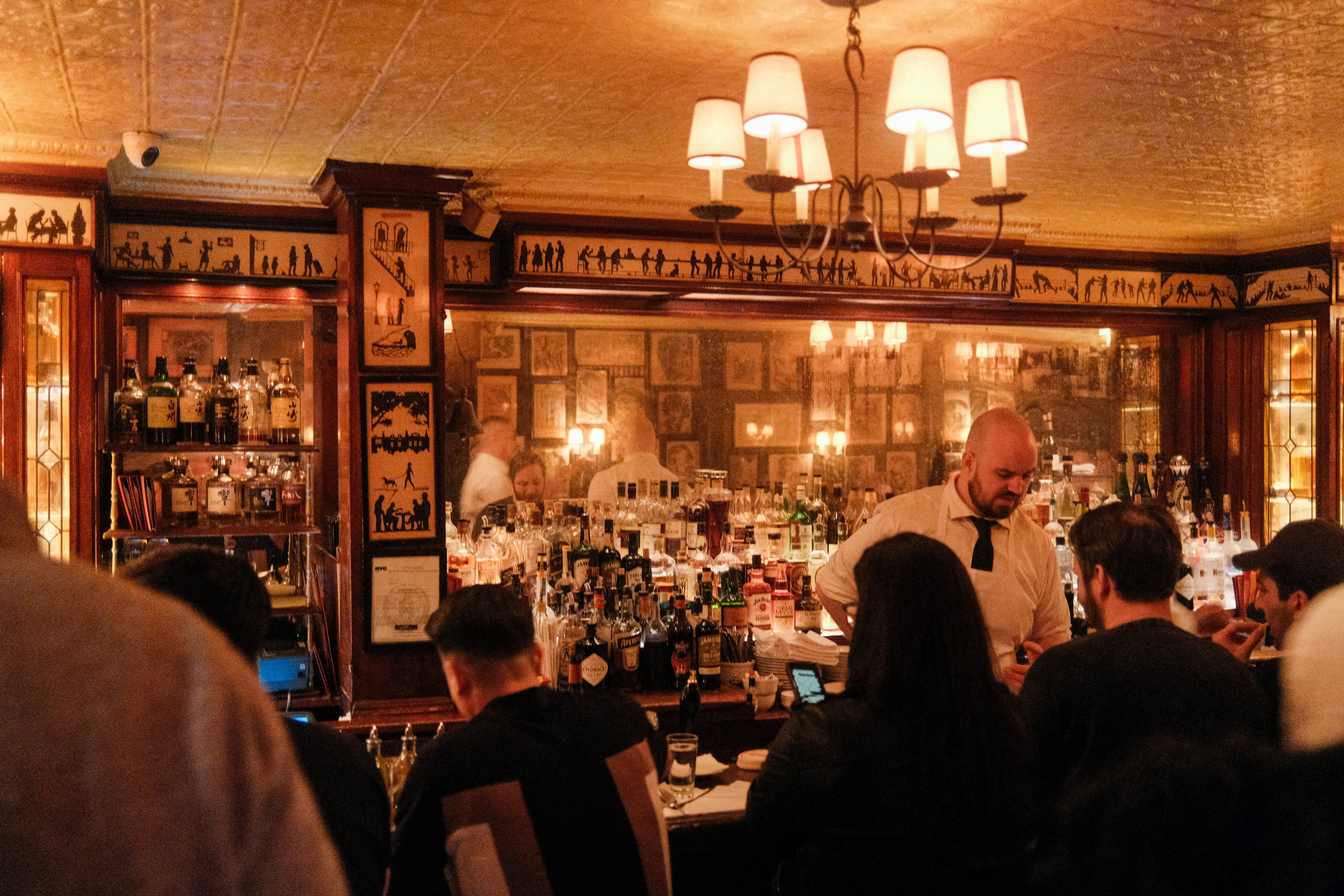Media release
From:
A man walks up to a bar – Men act like animals when competing for scarce prospective partners. Inconspicuous observers monitored the behaviours of 163 mixed sex groups out for drinks at three ‘taverns’ in Boston, America. When males outnumbered females in the group, the leading man took less time to stride up to the bar, ‘make physical contact’ with it, and offer to pay for drinks. This suggests that, like animals, men invest more resources when competition for a mate is higher. Biology Letters
Men display faster in male-biased mating contexts
Biology Letters
In many non-human animals, males compete for access to females by investing energy and resources to outcompete other males and attract females. Competition for females becomes stronger when there are more males relative to females. We tested this in humans by observing mixed-sex groups in 3 taverns on 7 different nights. Consistent with non-human studies, the more men relative to women that arrived together in a mixed-sex group, the faster the leading man travelled to reach the bar to order and pay for drinks for his group. Similar to non-human males, men invested more energy and resources when there were more men relative to women and hence a lower probability of mating.



 International
International



